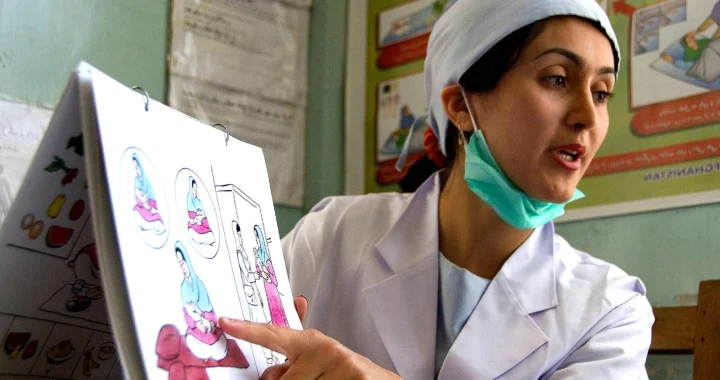Overcoming Climate Apathy with Stories Beyond Numbers

Photo by Lana on Pexels
Climate change is no longer a distant threat. It is happening now, everywhere, and to everyone. Glaciers are melting, wildfires are spreading, and heatwaves are becoming routine. Yet, strangely, many people remain indifferent. This disconnection from the urgency of climate change is known as climate apathy, and to overcome it, we may need a different way of climate communication.
What Is Climate Apathy?
Climate apathy means people not feeling emotionally connected to the issue of climate change, even if they know it is serious. This often happens because climate change does not feel like a big, sudden event—it happens slowly, little by little. As things change bit by bit, people also adapt to change on what they now consider “normal”. Over time, they stop noticing how much the environment is actually getting worse.
Many people become numb to climate change for a few reasons. First, the way it is usually explained through charts and far-off predictions can feel too abstract or distant. Second, the constant stream of bad news can be exhausting, making people shut down emotionally. And for people struggling with money or basic needs, worrying about the climate can seem like something extra they do not have time or energy for.
Emotional Climate Communication
A study offers new insight into how we might solve this emotional numbness. The research, led by Professor Rachit Dubey and his colleagues, shows how people perceive climate data and how small changes in how we communicate them can make a big difference.
Two different ways of the same climate information were shown to participants. One group saw an often mainstream graph of a slow steady increase of temperature over the decades. Meanwhile, the other group saw a more visually obvious, binary presentation about whether a local lake froze each winter. Though the underlying data was identical, the emotional impact was not. Those who saw the lake-freezing data were significantly more likely to perceive the effects of climate change as serious.
This small change made the information more concrete, easier to grasp, and emotionally relatable. Instead of numbers on a line, people see the loss of childhood traditions like ice skating or snowball fights. These are the everyday things we quietly lose to climate change, and seeing them disappear makes the crisis feel more personal.
The study highlights that how we talk about climate change matters as much as the facts themselves. Fact telling that is emotional and tied to the local context of losses can help people feel the urgency they might not feel from numbers data alone.
Resonating Stories for Climate Action
Overcoming climate apathy needs a new kind of climate communication that is relatable and connects to each local realities. Beyond making sure the information is credible and science-based, storytelling is crucial in raising awareness and advocating important issues, including climate change. Campaigns should drive home that climate change is not only about drought in far away countries, but also the dried river where people used to swim in their childhood.
Turning the tides on climate change requires making sure people care without feeling hopeless and overwhelmed, so they stay ready and motivated to take action. Governments, educators, and media professionals must shift from the cold, conventional climate communication approach to the ones that understand people and are tied to lived experiences. After all, the world is changing, and it is in our hands to make changes and demand better from one another.
Editors: Nazalea Kusuma

Co-create positive impact for people and the planet.
Amidst today’s increasingly complex global challenges, equipping yourself, team, and communities with interdisciplinary and cross-sectoral insights on sustainability-related issues and sustainable development is no longer optional — it is a strategic necessity to stay ahead and stay relevant.
Dinda Rahmania
Dinda is an Assistant of International Partnerships at Green Network Asia. She holds a bachelor’s degree in International Relations from President University. As part of the GNA In-House Team, she supports the organization’s partnerships with international organizations, governments, businesses, and civil society worldwide through digital publications, events, capacity building, and research.


 Systemic Shift to Enable Healthy School Food Environments
Systemic Shift to Enable Healthy School Food Environments  Looking into the Global Midwife Shortage
Looking into the Global Midwife Shortage  Reframing Governance in the Era of Water Bankruptcy
Reframing Governance in the Era of Water Bankruptcy  Strengthening Resilience amid Growing Dependence on Space Infrastructure
Strengthening Resilience amid Growing Dependence on Space Infrastructure  Indian Gig Workers Push Back Against 10-Minute Delivery Service Strain
Indian Gig Workers Push Back Against 10-Minute Delivery Service Strain  Call for Governance: Grassroots Initiatives Look to Scale Efforts to Conserve Depleting Groundwater
Call for Governance: Grassroots Initiatives Look to Scale Efforts to Conserve Depleting Groundwater